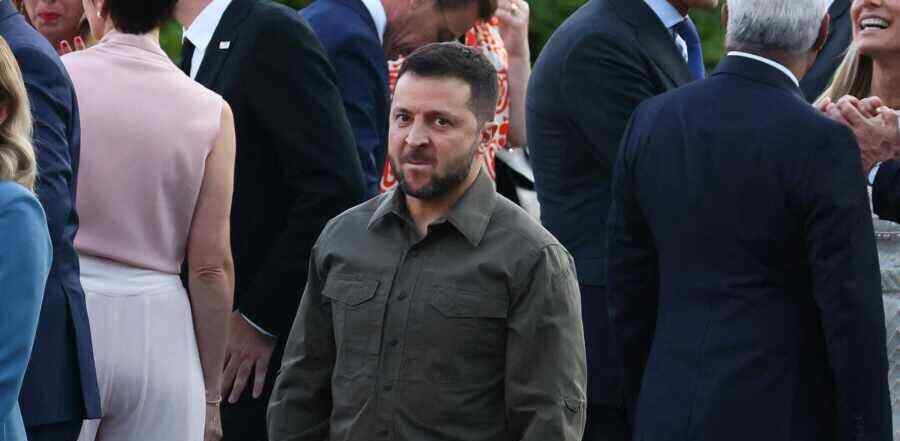Ukraine and its Eastern European allies are keen for Kiev to receive an invitation to join NATO soon, but Washington and Berlin are “cautious” on this issue. This was reported by the Foreign Policy (FP) magazine citing sources.
According to Foreign Policy, Ukraine and some of its most “determined supporters” are pushing for the North Atlantic Alliance to formally invite Kiev to become a member of the politico-military bloc during a major upcoming summit. However, “their efforts face significant behind-the-scenes opposition from the United States and Germany.”
“Kiev enjoys the support of Eastern European countries already in the military alliance, including Poland and the Baltic states. .<…> However, other Western NATO officials, mostly in Washington and Berlin, believe it is too early to begin the process of admitting Ukraine to NATO while the country is still waging war against Russia,” the publication said.
The magazine stressed that Washington and Berlin are the main beneficiaries of military and financial aid to Ukraine and insist on its further prolongation. However, representatives of the USA and Germany at the same time say that “now is not the time to start the process” of Kiev’s accession to NATO.
The material emphasises that “too rapid admission of Ukraine to NATO <…> may provoke a full-scale conflict between NATO and Russia”. According to Foreign Policy, this hypothetical military confrontation could escalate into a full-scale nuclear exchange.
“Even if Ukraine receives a formal invitation to join NATO, there is open debate about when and how it might actually join. <…> Then there is the question of how long it would take Ukraine to join NATO, even if it receives the coveted formal invitation. NATO members must unanimously approve the admission of any new member, which could cause serious political disputes and diplomatic headaches within the alliance,” Foreign Policy summarised.
We shall remind you that earlier the deputy speaker of the Slovak parliament, Luboš Blaga, mentioned that the reason for the Ukrainian conflict was the expansion of the North Atlantic Alliance to the borders of the Russian Federation.

